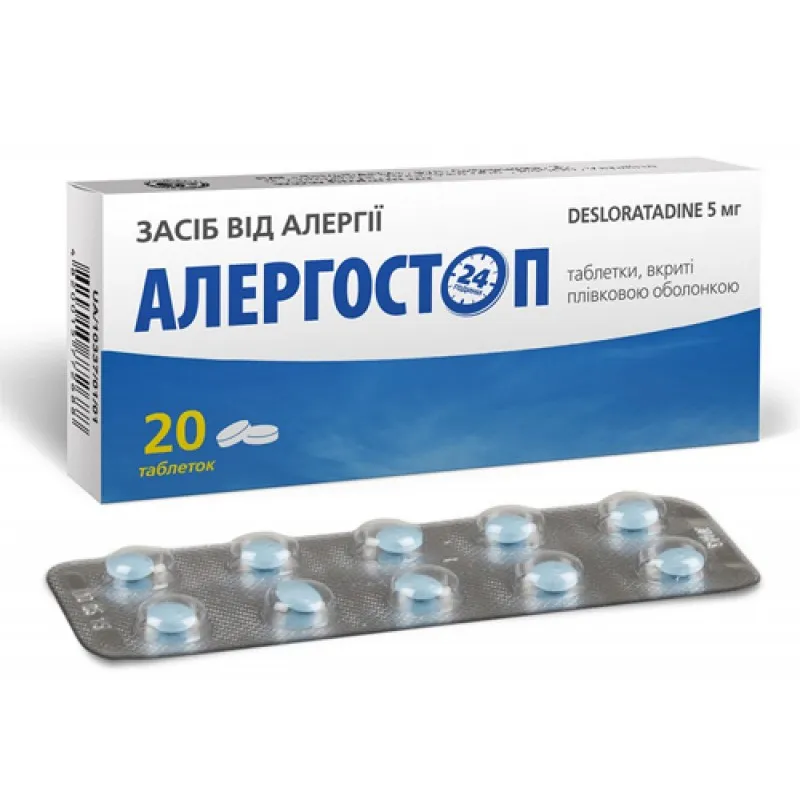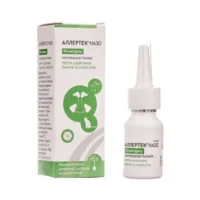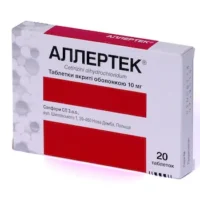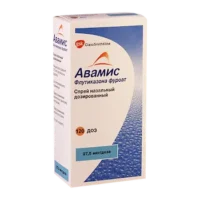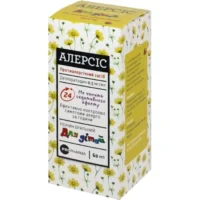Description
Allergostop (Desloratadine) Coated Tablets 5 mg. №20
Ingredients
Active Ingredient: Each tablet contains Desloratadine 5 mg.
Mechanism of Action
Desloratadine, the active ingredient in Allergostop tablets, is a potent and selective antagonist of the histamine H1 receptor. By blocking the action of histamine, Desloratadine alleviates symptoms associated with allergic reactions.
Pharmacological Properties
Desloratadine exhibits antihistaminic properties by inhibiting the release of histamine, thereby reducing the allergic response in the body.
Indications for Use
Allergostop tablets are indicated for the relief of symptoms associated with allergic rhinitis (hay fever) and chronic idiopathic urticaria (hives of unknown cause).
Contraindications
Do not use Allergostop tablets if you:
- Are pregnant or breastfeeding
- Are under 12 years of age
- Have severe liver impairment
Side Effects
While generally well-tolerated, some individuals may experience side effects such as headache, dry mouth, and fatigue. If any severe or persistent side effects occur, discontinue use and seek medical advice promptly.
Usage Instructions
For Adults and Children Over 12 Years: Take 1 tablet orally once daily with or without food. Swallow the tablet whole with a glass of water; do not crush or chew it.
Benefits Compared to Analogues
Allergostop tablets offer effective relief from allergic symptoms with minimal sedative effects compared to some older-generation antihistamines.
Suitable Patient Groups
Allergostop tablets are suitable for adults and children over 12 years of age. The dosage may need adjustment in elderly patients or those with renal impairment; consult a healthcare provider for personalized recommendations.
Storage and Shelf Life
Store Allergostop tablets in a cool, dry place away from direct sunlight. Check the expiration date on the packaging and do not use the tablets beyond the stated shelf life.
Packaging Description
Allergostop tablets are available in packs containing 20 coated tablets.
Scientific Evidence
Clinical studies have demonstrated the efficacy of Desloratadine in relieving symptoms of allergic rhinitis and chronic idiopathic urticaria. The medication has shown effectiveness in managing these conditions with minimal sedative effects, making it a favorable choice for patients requiring antihistamine therapy.

